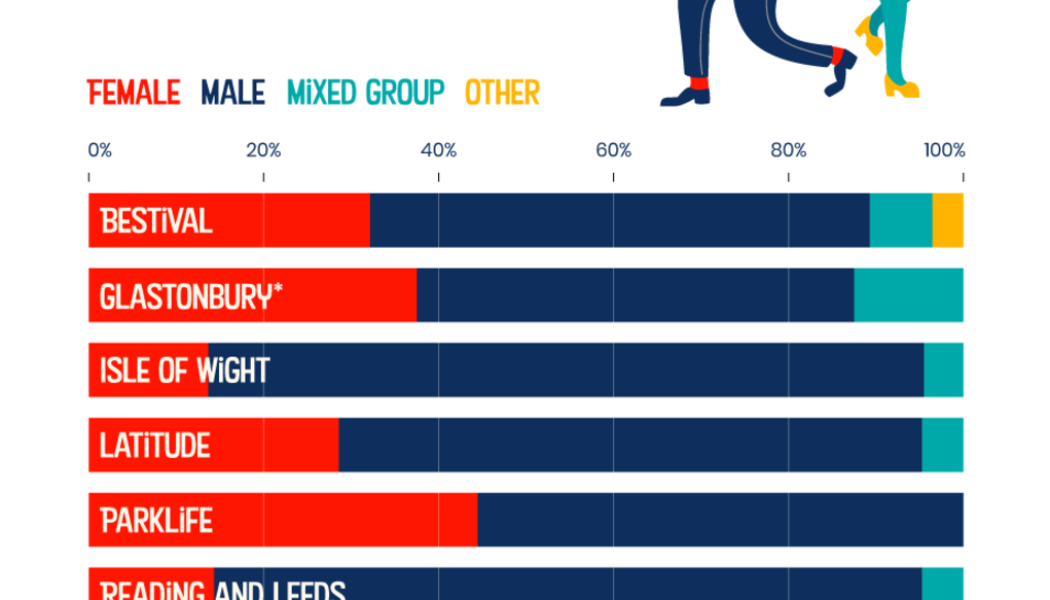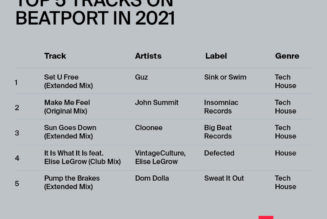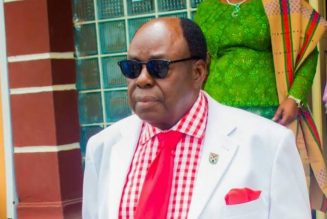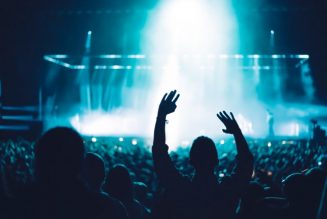If there’s one term at the top of a list of music industry buzzwords, it’s “inclusivity.” However, recent research suggests that making lasting change is easier said than done.
Despite strides toward 50/50 gender representation at major festivals in the UK, less than a quarter of the country’s music festival performers this year identify as women.
That’s according to a new study from Protectivity Insurance, which provides large-scale event coverage in the UK. For festivals like Isle of Wight, TRNSMT and Wireless, that tally dips even lower, with the number of female-identifying artists barely hitting 15% of their lineups. Manchester-based Parklife, on the other hand, hits a higher clip of 44%, with Peggy Gou, Annie Mac, Honey Dijon and Jayda G counted in its ranks.
But when Protectivity compared these totals to those of 2020’s pre-pandemic lineups, it found them to be trending down. In fact, only two of the festivals it studied showed an increase in their female to male ratios this year: Bestival and Reading and Leeds. Glastonbury‘s dip was the most extreme, decreasing from an exact 50/50 split to less than 40% women. It hosted HAIM, Jorja Smith and Róisín Murphy for its virtual edition earlier this year.
While these figures may be bleak, a number of music festivals around the world recently pledged to reach 50/50 gender inclusive lineups by 2022, meaning more change is ostensibly on the way. The list includes the UK’s Liverpool Sound City, Canada’s North by North East, and New York’s A2IM Indie Week. The initiative was spearheaded by Keychange, an industry leader in the push for gender equity.
“Roughly, women and gender minorities make up 50% of the global population but they are underrepresented in the music industry,” the organization’s website reads. “The momentum building around gender equality across the creative industries at the moment gives us a great opportunity to start pushing for real change.”










